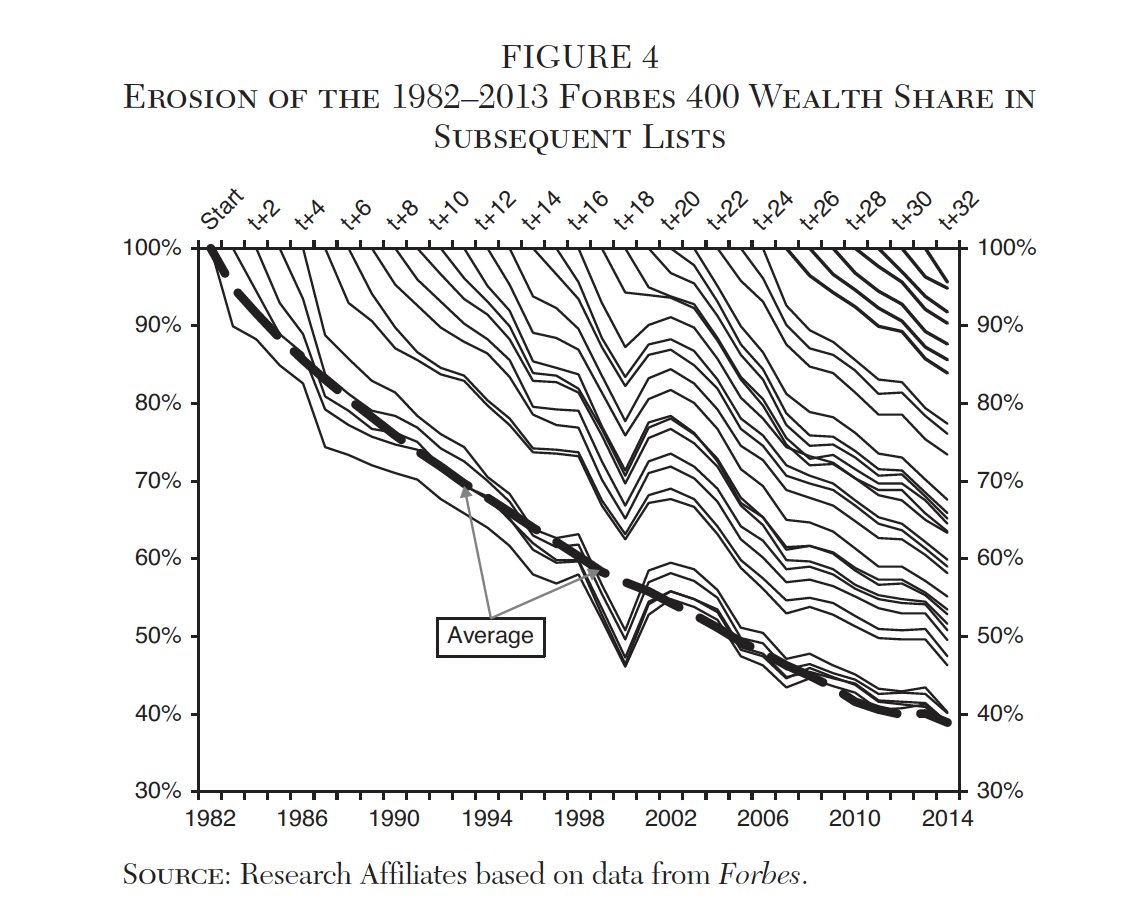September is the best month of the entire year for football fans: High school, college, and NFL seasons all go into full force this month. All levels of football rank their teams during the regular season. Football fans pay close attention to those weekly rankings of their favorite teams. At the end of the season, there are playoffs and the crowning of a champion.
Then there is fantasy football, a weekly competition of strategy and luck lasting for the next six months at least. Even better than “March Madness.”
If this sounds like you, then why not use the same fantasy football ranking system to pick your 401(k) mutual funds. Sounds simple enough, right? You pick a fantasy football team of the best players available at each position. So, select a fantasy mutual fund team for your 401(k) account the same way.
All your 401(k) mutual funds rank by investment performance versus the popular stock market benchmarks, versus their peer mutual funds: All your default 401(k) mutual funds in a head-to-head comparison versus every other default 401(k) mutual fund.
Many of my 401(k) advice clients have owned the same mutual funds for the last several years because the annual investment performance is worth the annual fees. It is fine to own expensive mutual funds. Make sure that their investment performance is more than worth how much it costs to own that fund each year.
Past investment performance leadership is often a positive sign of future outperformance. In the investment management world, that leadership concept is Relative Strength. Relative Strength identifies the winners and the losers for every mutual fund on your default 401(k) mutual fund menu. There is no more guessing at what to own or why to own it. The Relative Strength ranking is what it is.
The best players to own on your fantasy football team each week stand out. The best 401(k) mutual funds to own can stand out the same way. Relative Strength rankings of your mutual funds can improve your investment management decisions. You pick the best players available for your fantasy football team to begin the season, and you stick with them if they perform each week. The same concept applies to your 401(k) mutual funds.
You do not have to “trade” ranked 401(k) mutual funds each week like you may do with a fantasy football player. You continue to own a strong 401(k) mutual fund until its Relative Strength declines or better mutual funds are available to you. Your 401(k) plan provider will never share this important investment performance information. These plan providers want you to remain invested in ANY mutual fund all the time.
But Relative Strength mutual fund rankings are the core foundation of fiduciary investment advice for every default 401(k) menu of mutual funds. Fiduciary investment advice is best because it’s advice not affiliated with your company or your company 401(k) provider. A fiduciary level of 401(k) investment advice is not out to “sell you something.”
Wouldn’t it be nice to have the ranking information from an independent database, to know for sure which 401(k) mutual funds are working, and which ones are not? Peace of mind. No more guessing at “what to buy” in your 401(k). And an investment management strategy for up, down, and sideways stock markets. Think of how much time you spend managing your fantasy football team during the season. How much would the preservation and growth of your 401(k) improve if you take even a fraction of the time to do the same for your retirement account?
The views and opinions expressed herein are the views and opinions of the author and do not necessarily reflect those of Nasdaq, Inc.




































